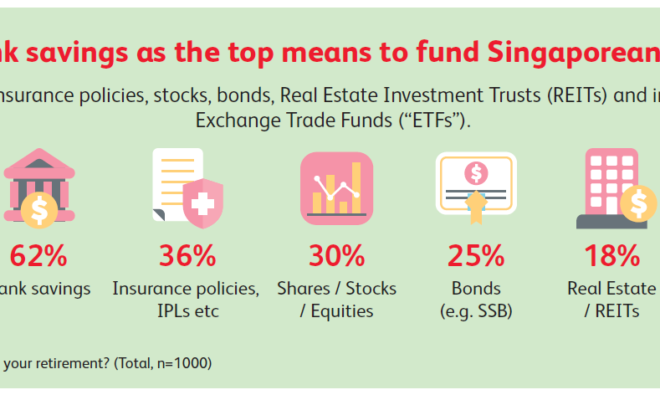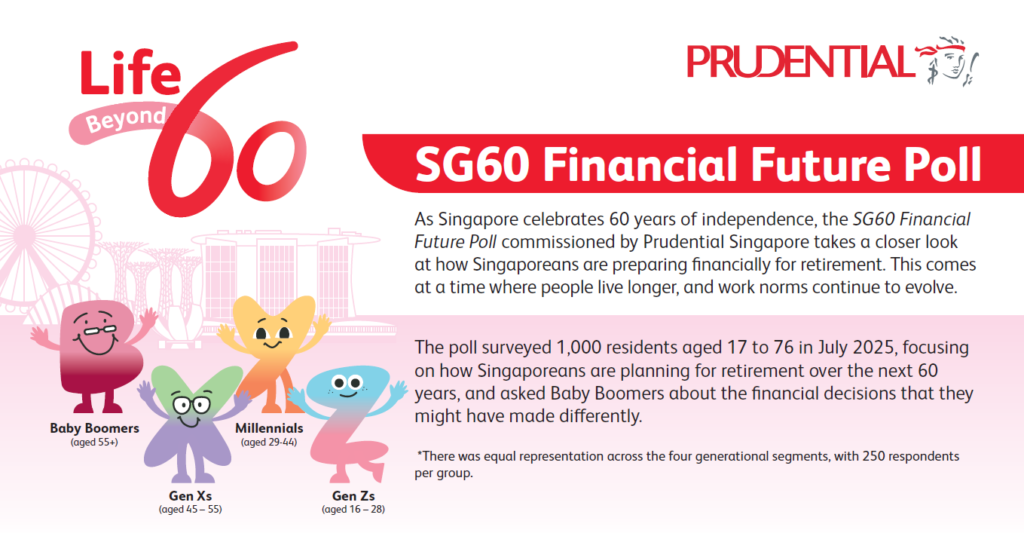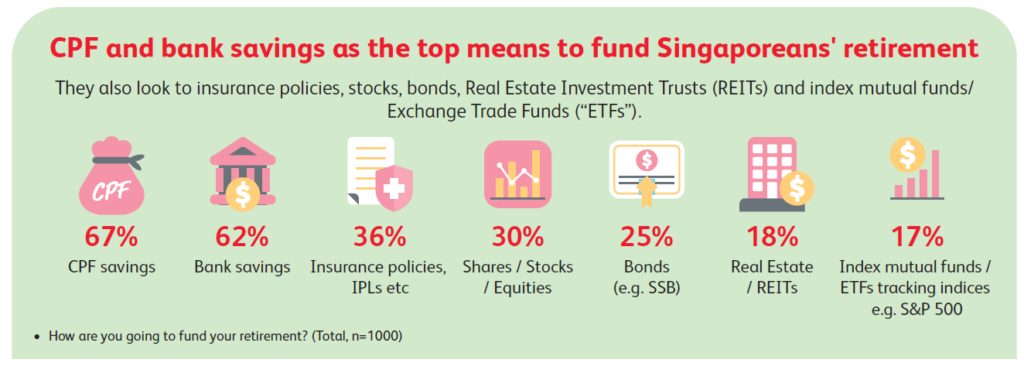
The Gen XY Lifestyle
Baby Boomers on Retirement – Regrets, Realities and What the Next Generation Can Learn
As Singapore marked 60 years of independence in August 2025, Prudential’s SG60 Financial Future Poll offers a rare glimpse into the financial reflections of Baby Boomers — a generation that helped build the nation’s prosperity, but now faces the realities of retirement with mixed emotions.
Their insights aren’t just retrospective; they’re instructive for younger generations who still have time to shape their financial futures.

Regret Is a Powerful Teacher
If hindsight is 20/20, Baby Boomers are seeing retirement planning with crystal clarity. A striking 94 per cent say they would have changed their approach to financial planning — and most wish they’d started 12 years earlier, at age 28 instead of 40. That’s not just a statistic; it’s a generational warning.

Their top regrets reveal a pattern of delayed action:
- 61 per cent wish they’d built stronger financial habits earlier
- 49 per cent believe they could have retired much earlier with better planning
- 45 per cent say they would have experienced less stress about retirement savings
- 35 per cent regret not investing sooner
- 28 per cent regret unnecessary spending
These regrets aren’t rooted in poor choices — they stem from postponement. Many Boomers were focused on raising families, buying homes, and building careers. But retirement crept up faster than expected, and the cost of delay is now tangible.
Mdm Sherafina Tan, 62, reflects: “I thought I’d spend 10–20 years in retirement, but it may be 30 years or more. I should have done more with my spare cash by investing the money.”

The Cost of Living Isn’t Just a Headline — It’s a Reality
Even with decades of work and savings behind them, Boomers are feeling the financial squeeze. The top concerns across the board include:
- High cost of living (74–75 per cent)
- Healthcare costs (56–68 per cent)
- Insufficient income growth and inflation pressures (50 per cent)
These aren’t abstract fears — they’re daily realities. Rising medical bills, longer lifespans, and inflation mean that retirement funds must stretch further than ever before. Many Boomers are recalibrating their expectations, shifting from “comfortable” to “sustainable.”
And while CPF remains a cornerstone of retirement funding (80 per cent rely on it), it’s rarely enough on its own. Boomers are supplementing with:
- Personal savings (62 per cent)
- Insurance policies (45 per cent)
- Investment-linked plans, stocks, bonds, and ETFs
The lesson? Diversification isn’t optional — it’s essential.

Living Well Is Still the Goal
Despite financial pressures, Boomers aren’t giving up on living well. In fact, 86 per cent say health and wellness are top priorities in retirement. This isn’t just about gym memberships or supplements — it’s about maintaining independence, dignity, and quality of life.
Their financial goals reflect this:
- 49 per cent want investment returns that cover daily expenses
- Many are focused on passive income streams to support longer retirements
- Insurance is seen not just as protection, but as a tool for stability
As Mr Jeff Ang, CEO of Prudential Financial Advisers Singapore, notes:
“Older Singaporeans are now focusing on how to live well beyond 60 and into their golden years. They need lasting wealth streams to manage the inevitably increasing costs of living.”
Boomers are redefining retirement — not as a winding down, but as a new chapter that demands financial resilience.
What Gen X and Gen Y Can Learn
For Gen X and Gen Y readers, this isn’t just a Boomer story — it’s a blueprint. The regrets and reflections of older generations offer a rare opportunity to course-correct while time is still on your side.
Here’s what the data suggests:
- Start early — even small contributions benefit from compound growth
- Build habits — consistency beats timing in the long run
- Invest wisely — don’t wait for “more disposable income”
- Protect your future — insurance isn’t just for emergencies, it’s for peace of mind
- Plan for longevity — retirement may last 30+ years, not 10
And while Gen Zs are confident — 51 per cent believe they’ll retire well — 72 per cent don’t yet have a plan. Many are focused on earning power and multiple income streams, but planning is what turns hustle into long-term success.
Retirement isn’t a distant milestone — it’s a lifestyle that requires foresight, flexibility and financial resilience. The Boomers have shown us what happens when planning is postponed. Now it’s up to the rest of us to take that insight and turn it into impact.
Whether you’re 28 or 48, the best time to start is now. Because the future isn’t just coming — it’s already here.
Infographic provided by Prudential Singapore






